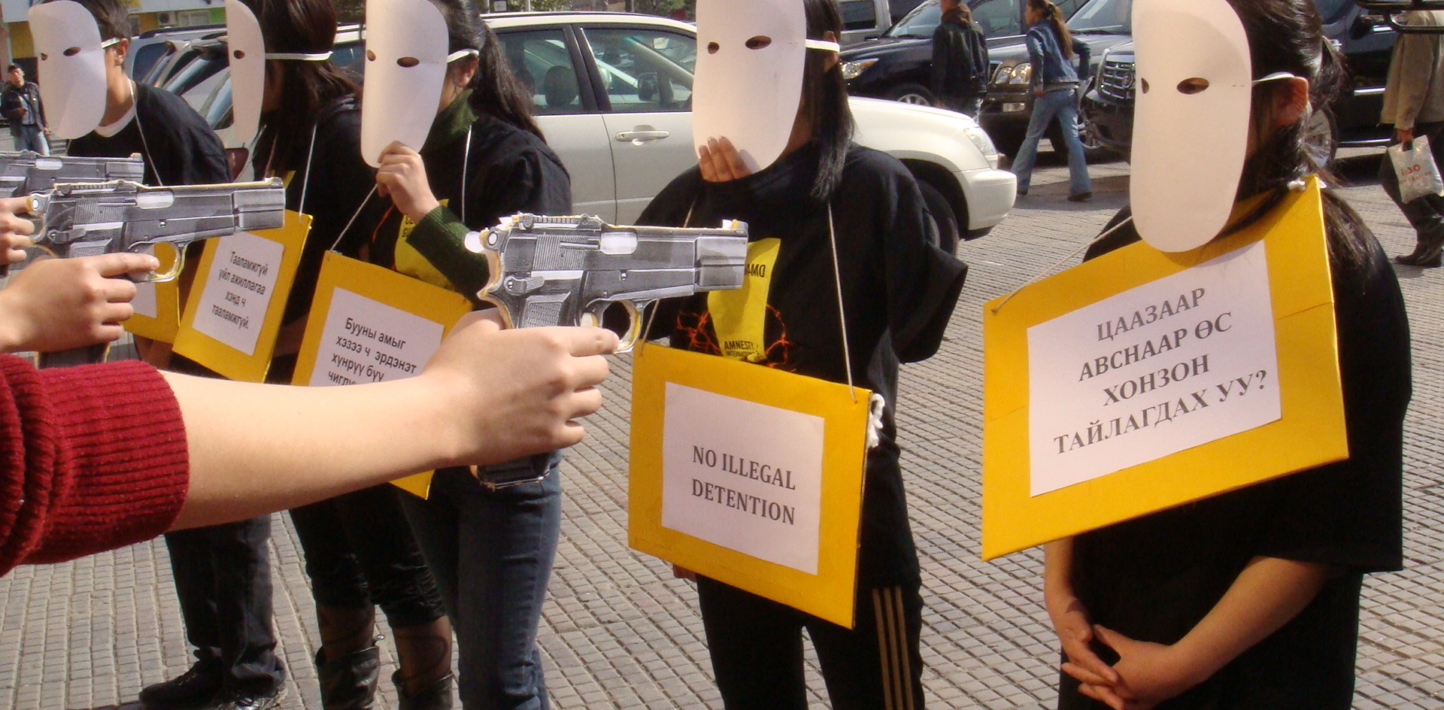Mongolia’s parliament became the latest to consign the death penalty to the history books, in a major victory for human rights in the country, said Amnesty International today.
Mongolia has set an example which we hope will quickly ripple across Asia. The countries that continue to execute have been shown a clear path to follow to end this cruel and inhumane punishment.
Roseann Rife, East Asia Research Director at Amnesty International.
On Thursday, lawmakers voted in favour of a new Criminal Code that abolishes the death penalty for all crimes. The new Criminal Code will take effect from September 2016, and would bring the total number of countries to have completely abandoned this ultimate cruel, inhuman and degrading punishment to 102.
“Mongolia’s historic decision to abolish the death penalty is a great victory for human rights. The death penalty is becoming a thing of the past across the world,” said Roseann Rife, East Asia Research Director at Amnesty International.
“Mongolia has set an example which we hope will quickly ripple across Asia. The countries that continue to execute have been shown a clear path to follow to end this cruel and inhumane punishment.”
Three countries – Fiji, Madagascar and Suriname – have already abolished the death penalty this year.
The last execution in Mongolia was in 2008 and the death penalty remained classified as a state secret. Since then, the country has taken a series of steps towards abolition culminating in yesterday’s historic parliamentary vote.
In 2010, the country’s President, Tsakhiagiin Elbegdorj, commuted all death sentences and announced a moratorium on all executions. In 2012, Mongolia ratified an international treaty committing the country to the abolition of the death penalty.
President Tsakhiagiin Elbegdorj has repeatedly said Mongolia must turn its back on the death penalty in order to fully respect the right to life. He argued that the threat of executions does not have a deterrent effect and the risk of a miscarriage of justice is inherent in any system of justice.
“President Tsakhiagiin Elbegdorj exposed the fallacy of the death penalty. The political leadership shown in abolishing the death penalty in Mongolia needs to be repeated elsewhere in Asia. Countries that continue to execute are on the wrong side of history,” said Roseann Rife.
A minority of countries continue to use the death penalty, in ways that are completely contrary to international law and standards. Earlier this year, Indonesia resumed executions amidst worldwide criticism, while Pakistan has executed at least 300 people since it lifted a moratorium on executions in December 2014. In East Asia, China, Japan, North Korea, and Taiwan have all carried out executions in 2015.
Amnesty International opposes the death penalty in all cases without exception, regardless of the nature or circumstances of the crime; guilt, innocence or other characteristics of the individual; or the method used by the state to carry out the execution.


